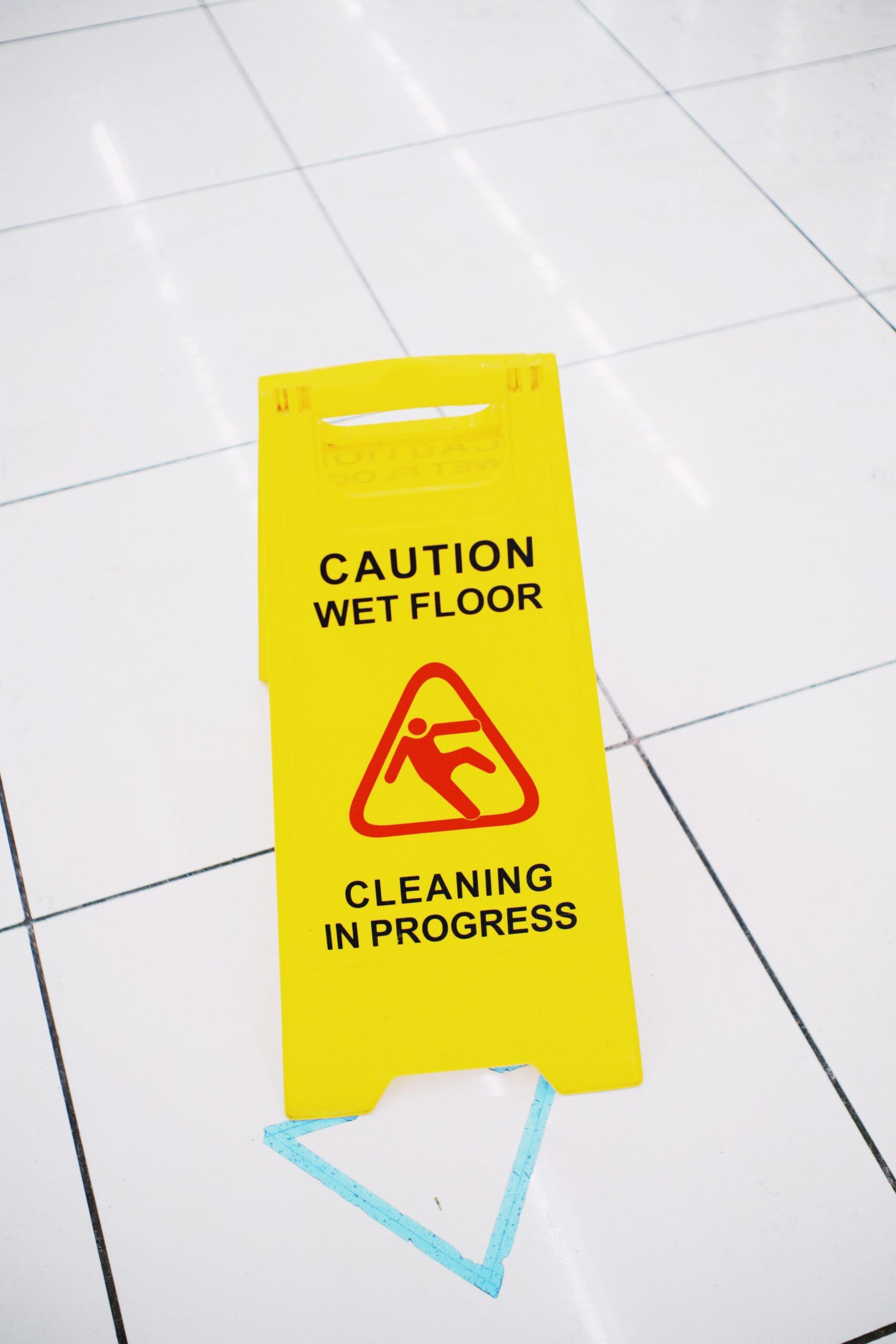Estate Planning in Alabama: Your Questions Answered
Estate Planning in Alabama: Your Questions Answered

Estate planning might not be the most comfortable topic to think about, but it’s one of the most important steps you can take to protect your legacy, your family, and your wishes. Whether you’re planning for your children, aging parents, or just want to avoid legal confusion, the right estate plan can bring peace of mind and real protection.
At Steele Ritchie LLC, we help families in Mobile, Alabama and across the Gulf Coast make informed decisions about their futures. In this guide, we answer some of the most common questions clients ask us when starting the estate planning process.
Q: What exactly is estate planning?
Estate planning is the process of arranging how your assets will be distributed after your death. It can also include planning for incapacity — like who can make medical or financial decisions for you if you’re no longer able to do so.
An estate plan often includes:
- A last will and testament
- Powers of attorney
- A living will or advance directive
- Possibly trusts, depending on your needs
The goal is to ensure your wishes are carried out and to minimize legal complications for your loved ones.
Q: Do I need a will even if I don’t own a lot?
Yes. Everyone — regardless of their income or net worth — should have a will. Your will ensures that your property, however modest, goes to the people or causes you choose. Without a will in Alabama, the state decides who inherits your assets based on intestacy laws, which may not align with your preferences.
A simple will can help:
- Appoint a guardian for minor children
- Name an executor to handle your estate
- Prevent family disputes
It’s not about how much you have — it’s about making sure what you do have goes where you want it to.
Q: What happens if I die without a will in Alabama?
If you pass away without a will, the state of Alabama will distribute your assets according to intestacy laws. These rules prioritize close family members like spouses and children but can become complicated when blended families or unmarried partners are involved.
Without a will:
- You lose control over who receives your assets
- The court appoints someone to manage your estate
- The process may take longer and create conflict among relatives
Creating a will ensures your wishes guide this process — not a state formula.
Q: What’s the difference between a will and a trust?
A will takes effect after your death and directs how your property should be distributed. A trust can take effect while you're still alive and holds assets on behalf of beneficiaries.
Trusts can:
- Help avoid probate
- Offer privacy (unlike wills, which are public)
- Provide more control over how and when your assets are distributed
Not everyone needs a trust, but they’re often used for:
- Complex estates
- High-value assets
- Special needs planning
- Avoiding estate taxes
At Steele Ritchie, we help clients decide if a trust is the right tool for their situation.
Q: Do I need powers of attorney in my estate plan?
Absolutely. A complete estate plan includes more than just post-death arrangements.
You should have:
- A healthcare power of attorney – appoints someone to make medical decisions on your behalf
- A financial power of attorney – allows someone to manage your finances if you become incapacitated
Without these documents, your loved ones may have to go through court proceedings to gain authority over your care or finances. Planning ahead makes a difficult situation easier for them.
Q: How often should I update my estate plan?
We recommend reviewing your estate plan every 3–5 years or after any major life change, such as:
- Marriage or divorce
- Birth or adoption of a child
- Death of a beneficiary or executor
- Acquiring or selling major assets
- Moving to a new state
Keeping your plan current ensures that it reflects your latest wishes and circumstances.
Q: Is estate planning only for older people?
Not at all. While older adults may be more likely to think about end-of-life planning, the reality is that life is unpredictable.
Everyone should have a basic estate plan in place, especially:
- Young parents
- Business owners
- Anyone with dependents or assets
Estate planning is about protection, not age. The earlier you plan, the more secure your future and your loved ones’ futures become.
Q: Can I write my own will or use an online service?
While DIY solutions exist, they often don’t meet Alabama’s specific legal requirements — and even small errors can cause major complications.
Common problems with DIY wills:
- Improper witness signatures
- Unclear or conflicting language
- Invalid execution under Alabama law
At Steele Ritchie, we’ve seen firsthand the stress that poorly written wills cause families. Investing in professional guidance ensures your estate plan is valid, clear, and enforceable.
Q: How does probate work in Alabama?
Probate is the legal process through which a deceased person’s estate is administered and assets are distributed. The court:
- Validates the will (if one exists)
- Appoints a personal representative (executor)
- Ensures debts and taxes are paid
- Oversees distribution to heirs
Without a will, probate becomes more complex and time-consuming. A properly drafted will simplifies and speeds up the process.
Q: How can Steele Ritchie LLC help with my estate plan?
Our attorneys combine legal knowledge with a practical, compassionate approach. Based in Mobile, Alabama, we’re proud to serve individuals and families across the region.
When you work with us, we’ll:
- Listen to your goals
- Explain your options clearly
- Customize documents to your needs
- Keep your best interests and your loved ones’ futures in mind
Start Planning Today
Estate planning isn't about fearing the future — it's about shaping it. Whether you're just getting started or need to revise an old plan, Steele Ritchie LLC is here to help.
📍
Located in Mobile, Alabama
📞
Call us today to schedule a consultation or
fill out our contact form to take the first step toward peace of mind.










